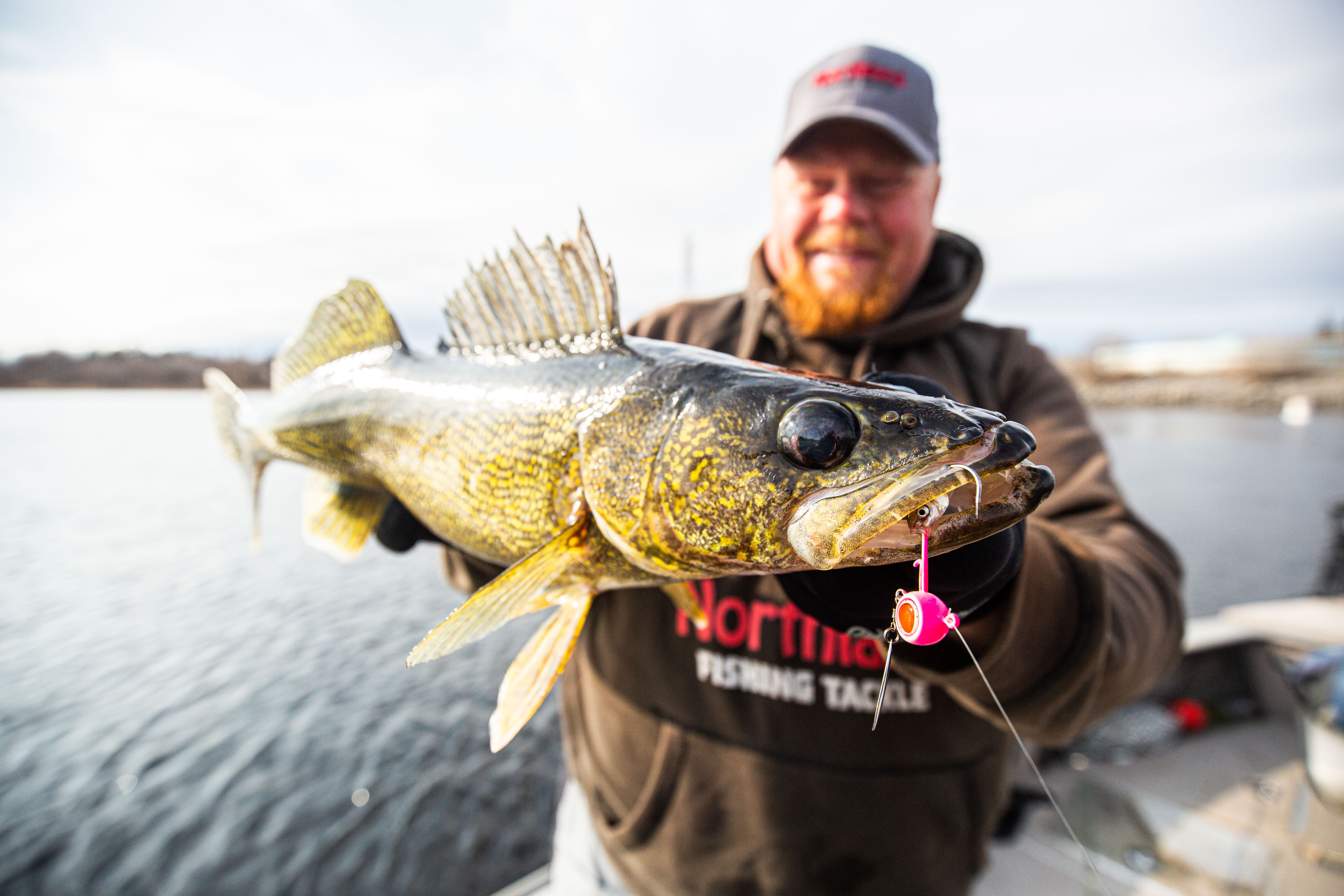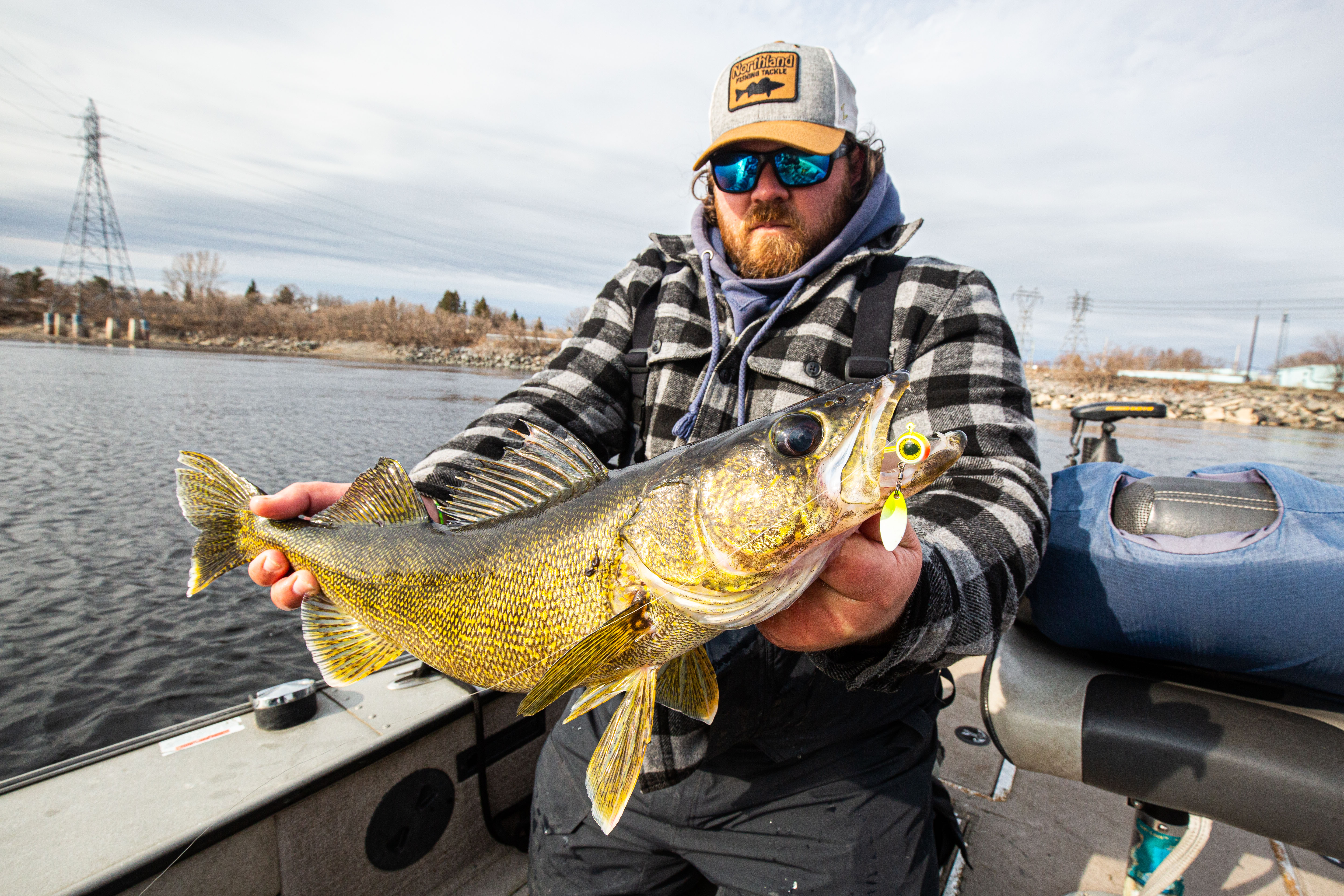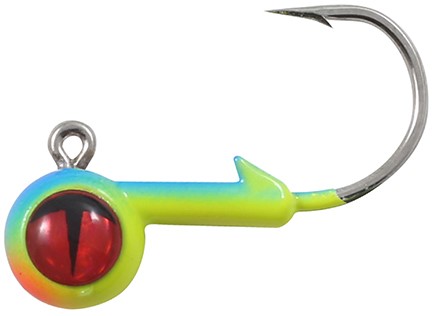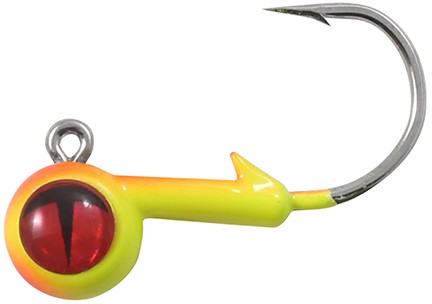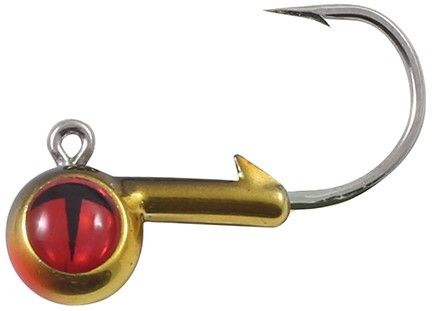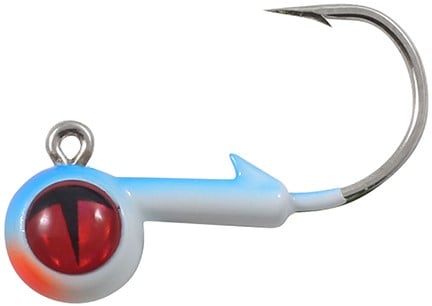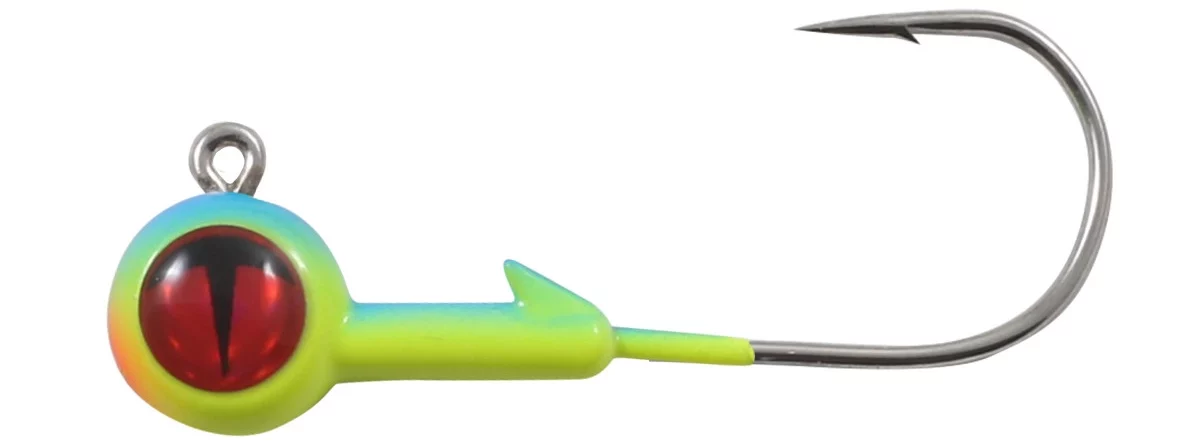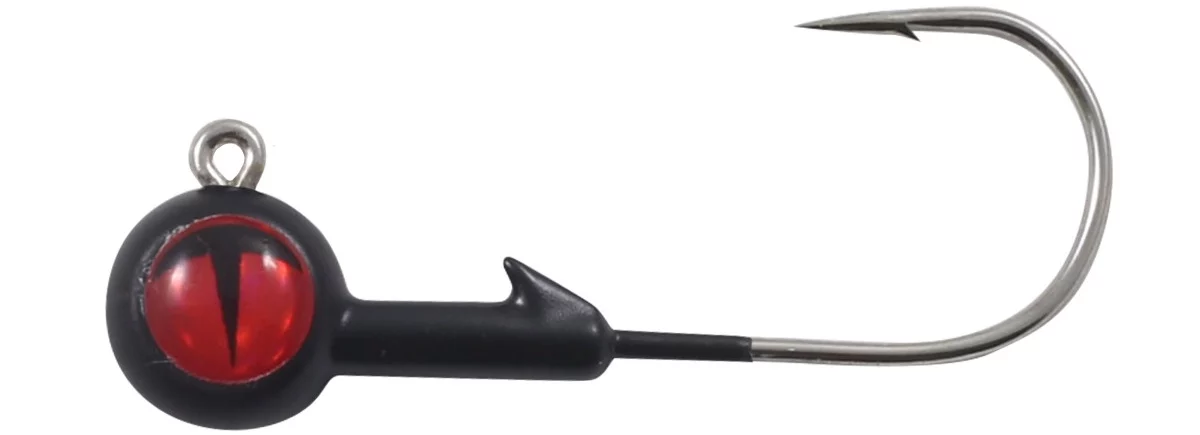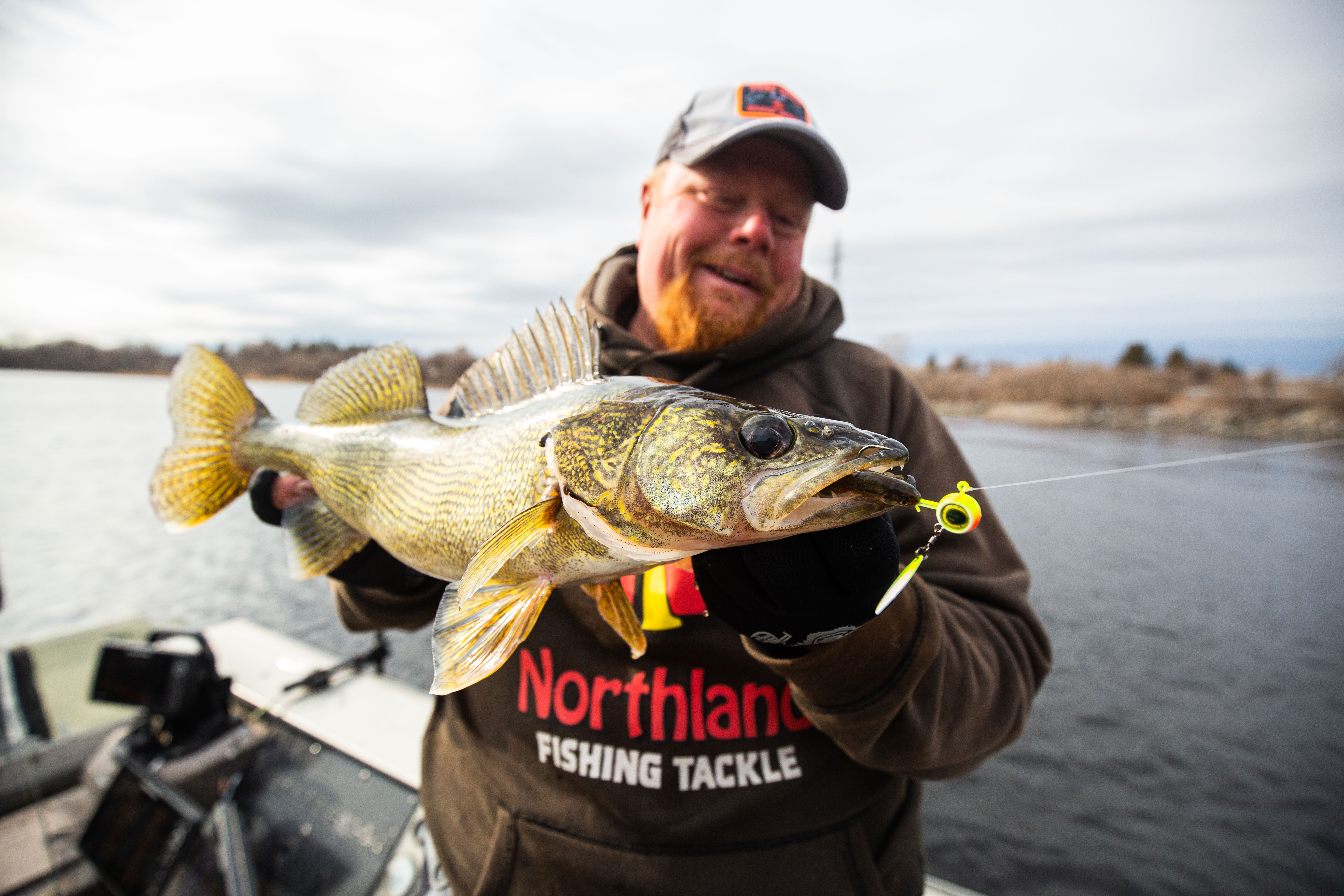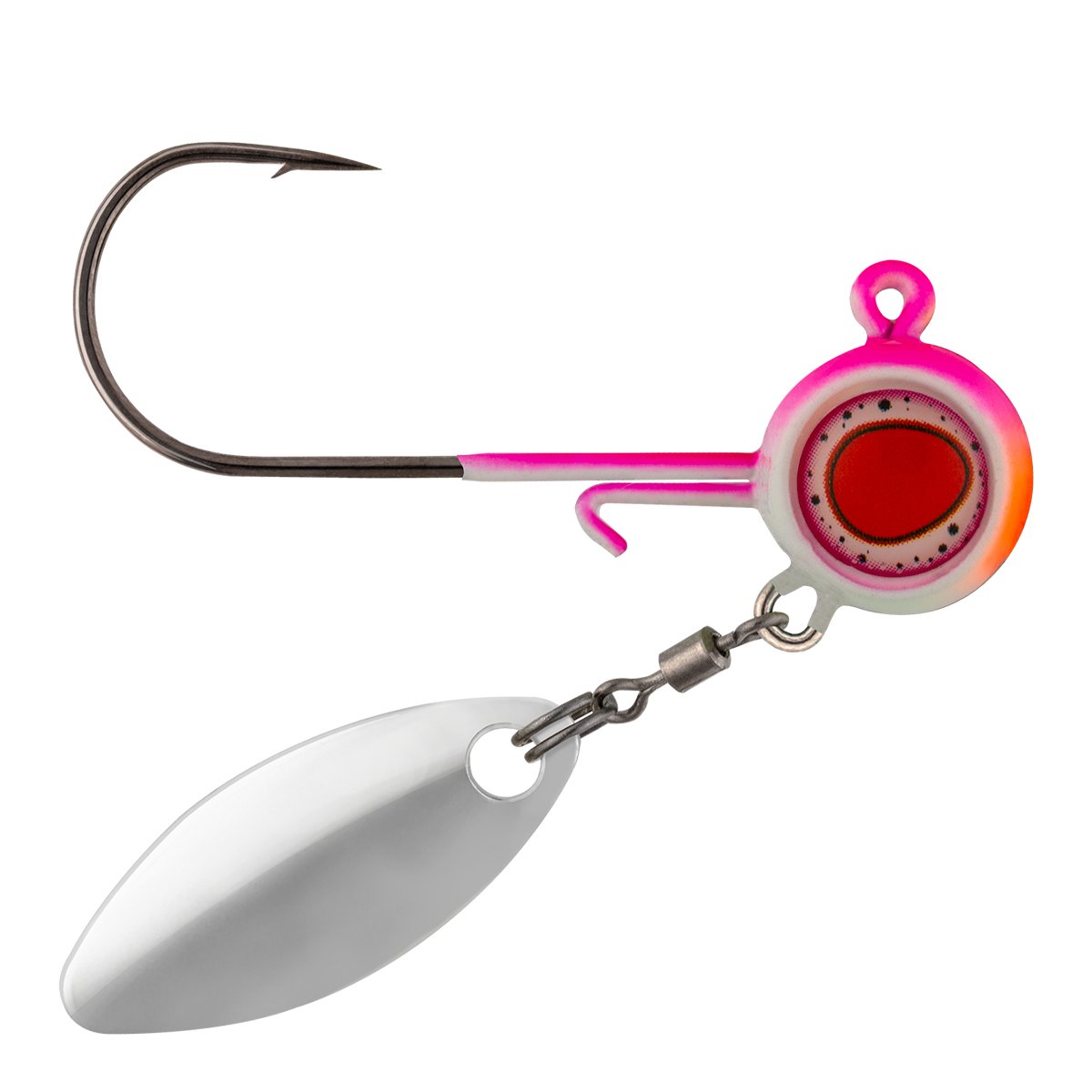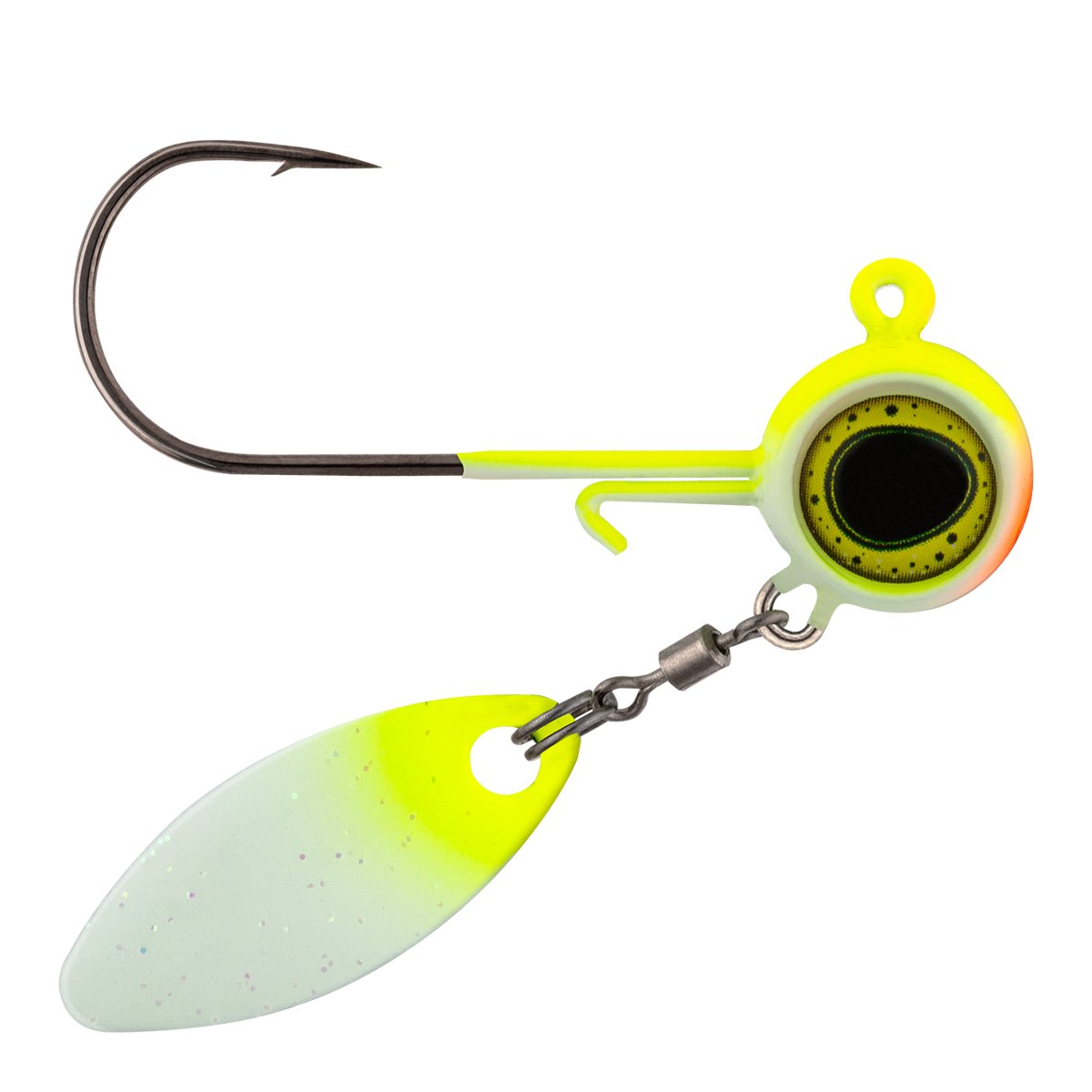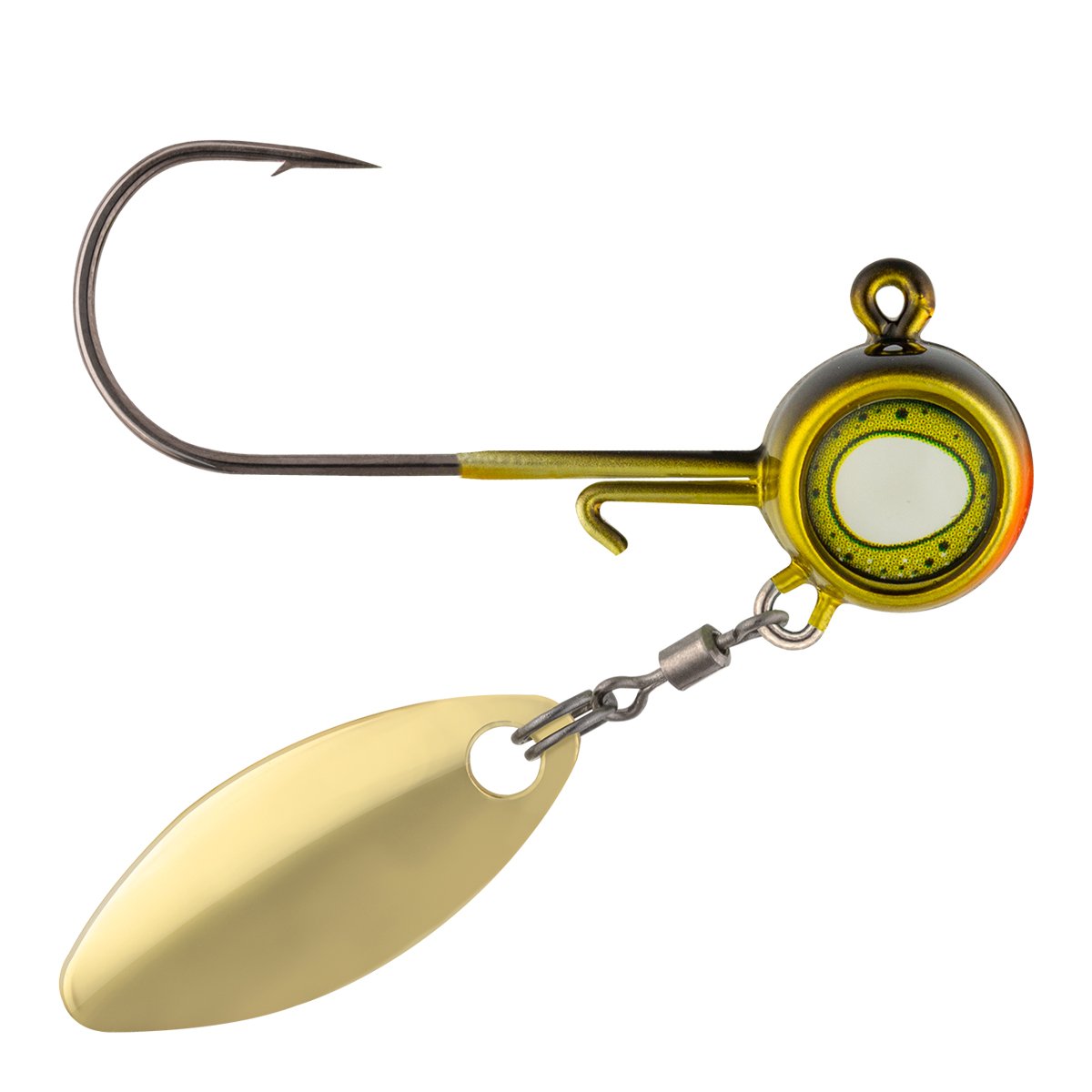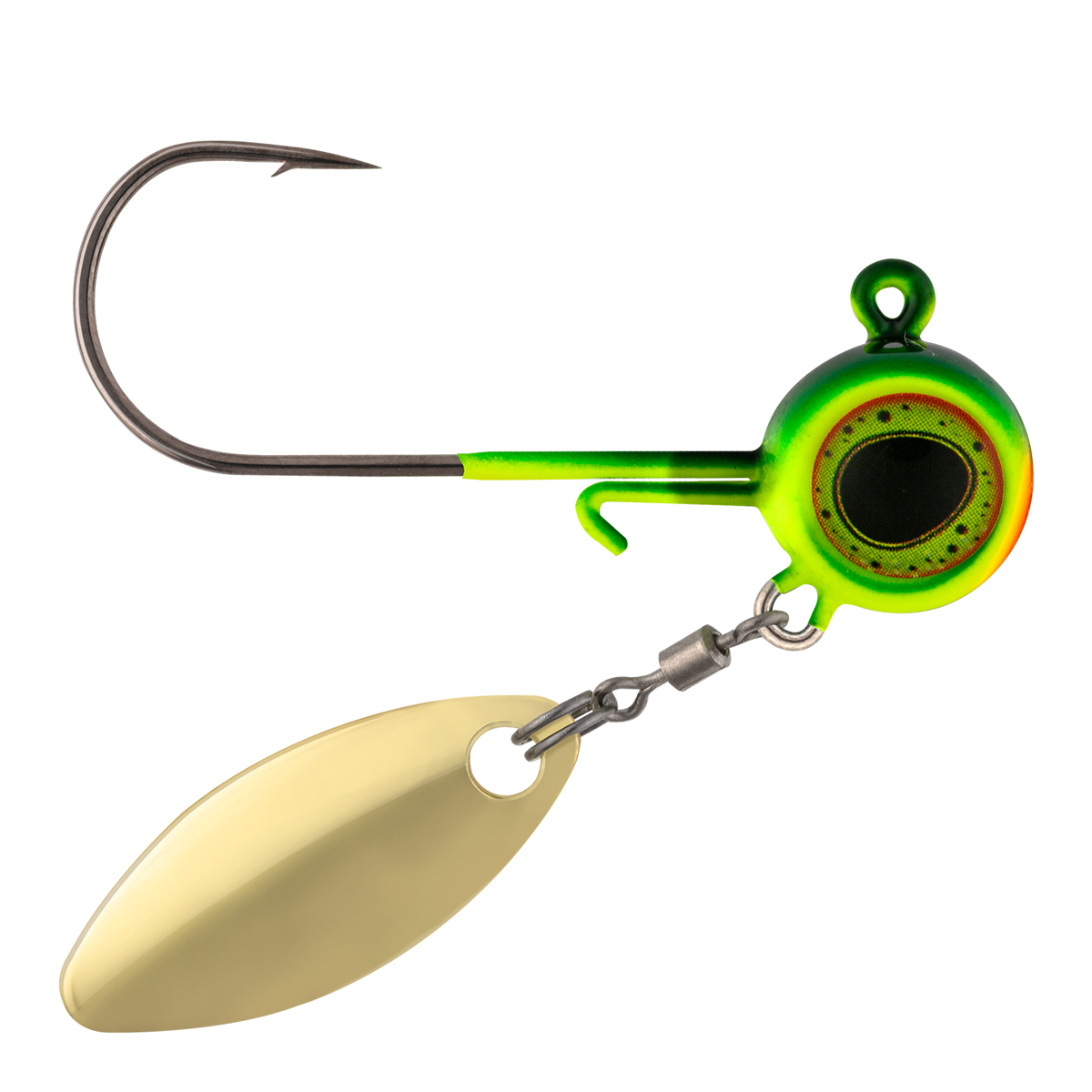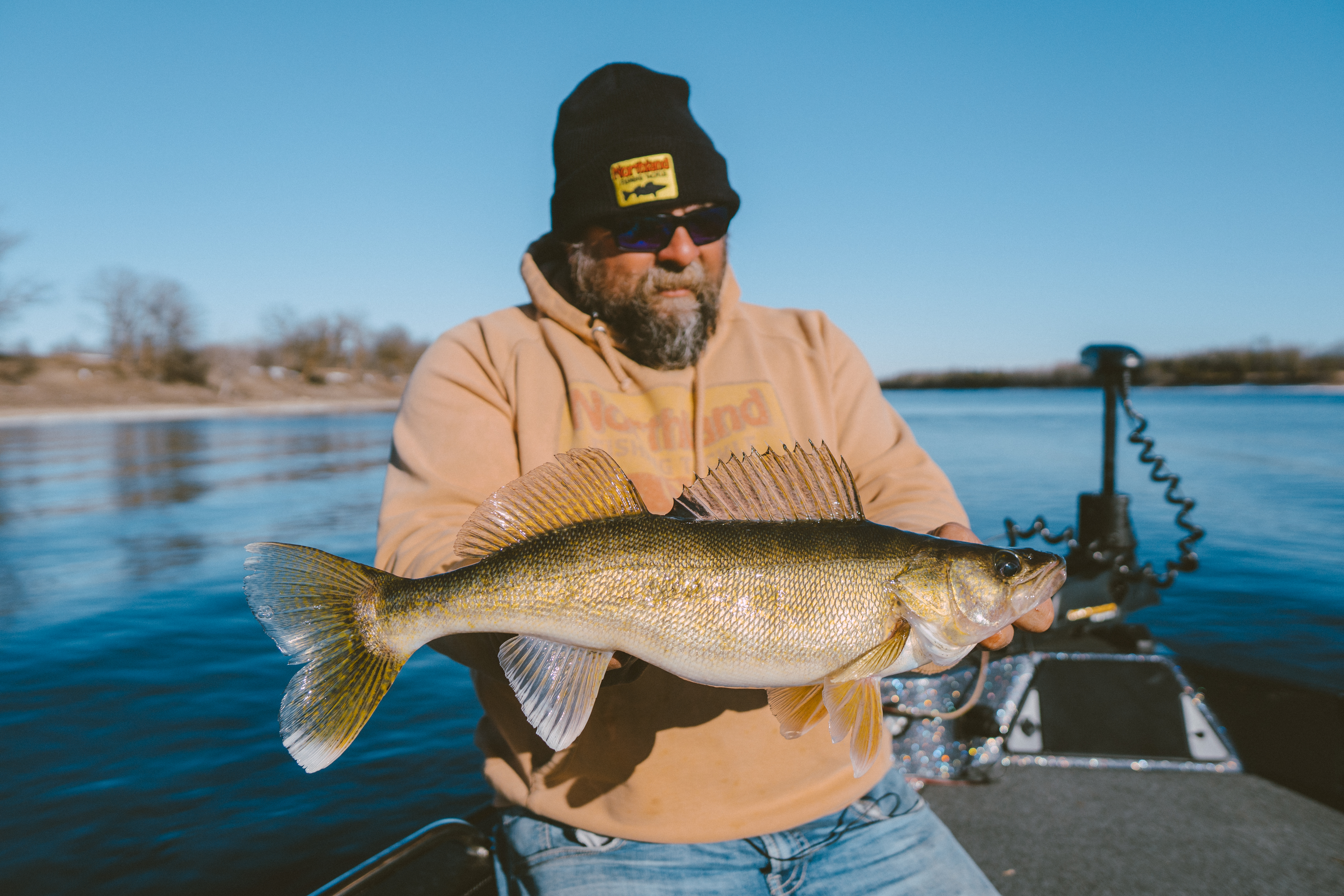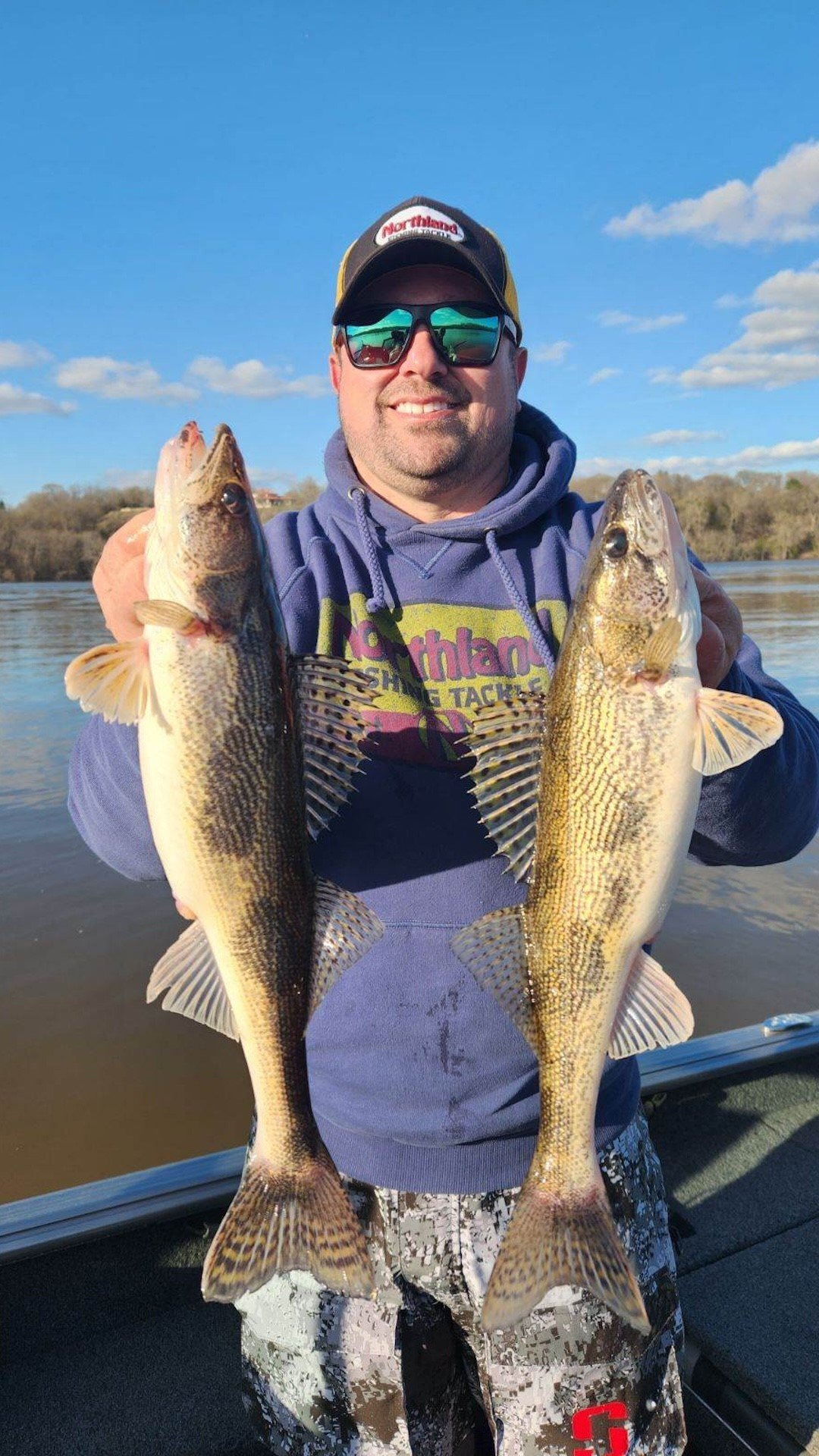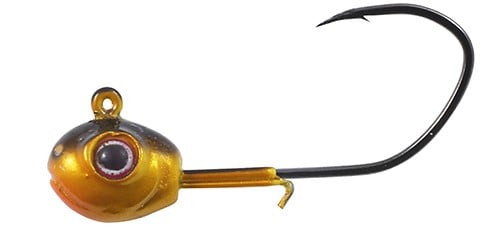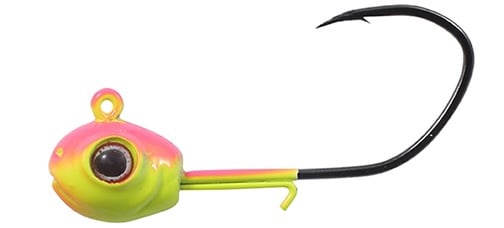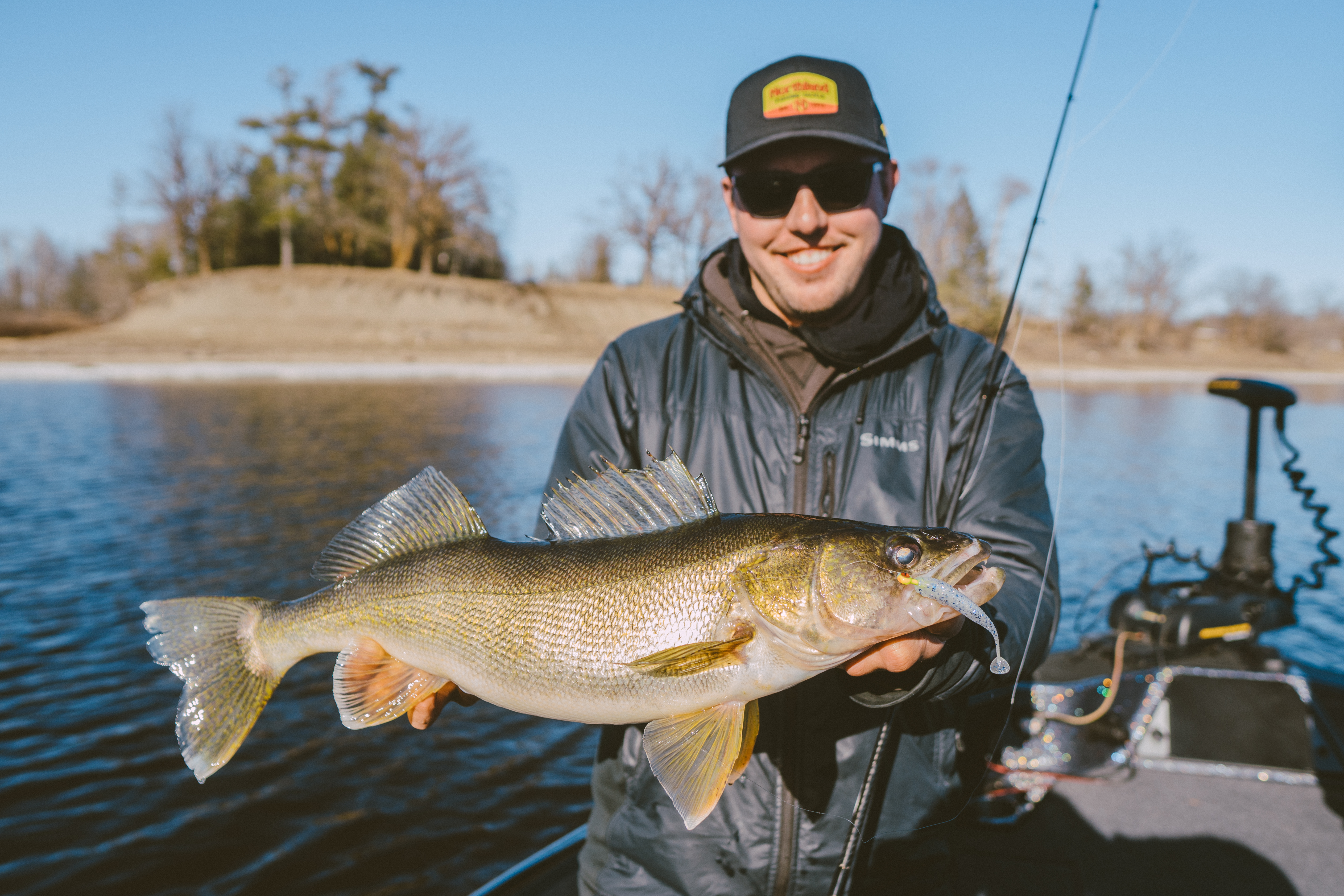Spring River Run Walleyes
BEMIDJI, Minn. (April 5, 2024) – Like deer camp in fall, scores of outdoorsmen and women look forward to the annual spring river walleye runs. Many camp and cabin at the same places each year and it’s become a family and friends tradition. The fishing can be incredible with 100-plus-fish days—and the possibility of trophies, too. The Walleye Belt is riddled with walleye-heavy rivers to explore—the Rainy River on the MN/Ontario border (open until April 14); Mississippi and St. Croix; Fox/Wolf; Missouri River; Detroit River; and many more. But don’t overlook smaller rivers, typically free of the traffic of the moving water mainstays, as Northland pro Joel Nelson touches on below. These areas are easily accessible with waders, a pocketful of baits, and you don’t have to navigate “bumper boat” conditions to get on active fish. |
BRO’S RIVER ROUTINE & TWEAKS
Before moving north, veteran MN fishing guide and Northland pro, Brian “Bro” Brosdahl cut his teeth fishing urban stretches of the Mississippi and St. Croix rivers (and smaller unnamed gems)—and Bro still jumps at every chance he gets to fish more than the classic and backwoods walleye lakes he knows like the back of his hand.
The one thing he stresses is to approach the spring river walleye run—or any river walleye fishing in general—with myriad jig styles and weights.
“For years, the spring river go-to jig was the classic lead Northland Fire-Ball and then the Fire-Ball Spin. They still catch loads of fish today. But for sensitivity, getting to the bottom quickly, and staying vertical in current, I’m fishing the Northland Tungsten Short Shank Jig these days,” comments Bro.
“It’s primarily a live bait deal – your classic jig and a fathead – although rainbows are one of my favorite baits for any kind of river activity. With the longer Northland Tungsten Jig, I’ll pitch shiners, when necessary. An emerald or spot-tail shiner are firmer, so you can double hook then, and then they stay straight. When you hook a soft rainbow, if you double-hook them they tend to curve on your jig and the presentation gets fouled. With fatties and rainbows it’s right into the mouth and out the top of the head.”
When fishing plastics, Bro has been bullish on the added appeal that a willow-leaf underspin gives the vibration-accentuated Deep-Vee Spin.
“If you find a school of fish in a bottle neck or a turn, I like to position my boat above it and pitch at fish, using my MEGA Live or MEGA 360 for precise casts. Flash really gets river walleyes going in a lot of situations when plain jigs might not catch as many.”
Case in point, Bro mentions “an absolute career day” on the Rainy River with Northland bait designers throwing the Deep-Vee Spin when it was first in development—and keeping the decades-old, but proven Whistler jig with propeller jig on another rod for insurance.
“As a general rule of thumb, if the current is 2 mph or better, I like a 3/8-ounce Deep-Vee Spin with a bigger minnow (live, salted, or frozen) or most often, an Eye-Candy Paddle Shad or Minnow. In 10 to 20 feet, it works great pitched at an angle down current—not straight to the side—and then I walk it toward the fish as it’s dropping, slowly cranking it in. The current does most of the work getting the willow blade moving.”
Bro adds: “If the current’s really strong, I’ll pull forward, then let up line, pull forward, let up line, and walk it downstream to put it in front of the mouths of fish moving up river. Works with the Whistler Jig, too. I used that for years and years. Still do sometimes. I think it gets overlooked.”
Especially in river stain, Bro says the name of the game is getting the jig in front of the fish, which are oriented close to bottom, if not bellied in.
“The strike zone is typically 2- to 3-feet square. You want to be a foot or two off bottom—at most—always maintaining contact with bottom during your cadence.”
As far as colors, Bro does have some general guidelines.
“When it's cloudy, the river cloak of darkness only intensifies. So, I use brighter color jig heads and plastics: pink and white, Parakeet, and any of the gold colors work well. They contrast nicely whether you're on the Mississippi, Red, Big Stone, Traverse, whatever.”
Speaking walleye soft plastics, it’s kind of a surprise that Bro’s go-to isn’t a classic minnow or paddletail.
“I really fell in love with the Eye-Candy Jig Crawler for river walleyes. Don’t just stock up on the minnow-imitators. Especially for shallower water, the Jig Crawler is great. And I use the Eye-Candy Minnow in the deeper river channel and the Paddle Tail for pitching toward rock clumps, riprap, wingdams, log jams, etc. That thumping tail pulls them out and they slam it.”
With all his river jig and plastic or meat combos, Bro uses a tiny barrel swivel connected to 10-pound Sunline braid and a two-and-a-half foot 10-pound Sunline fluorocarbon leader.
And here’s a great tip from Bro: “I also keep fluoro leaders pre-tied with a swivel on one end and a Northland Quick Clip on the other. Really makes things go fast if you’re in snaggy areas.”
| OBERT TALKS TODAY’S RAINY RIVER RUN
We were just in the boat with Rainy River/Lake guide and Northland Pro, Donnie Obert, and it was epic. Lots of fish and some big ones, too. But you better get truckin’; the spring Rainy River season closes on April 14th. “I usually start my day dragging ¼-ounce Northland MVP Jigs up-current at about .3-.4 mph on the bow-mount trolling motor with an Eye-Candy Paddle Tail producing best right now,” offers Donnie. “Especially with a little more inexperienced anglers, dragging is more effective than pitching. You just cast it behind the boat—let it hit bottom—and cover ground. It’s a real producer.” Obert warns that the most important thing when fishing the river is to make sure you’re not using too light of a jig. “Make sure you’re touching bottom; that’s where the fish are. River fish don't want to come up and smack something most spring days. If you sweep your rod arm back and it’s hitting bottom—perfect.” |
But Obert does like to pitch with more experienced anglers in the boat, too.
“I’ll get just upriver of the fish and cast out 90 degrees from the boat. The Eye-Candy Minnow or Paddle Tail is great for that, too. The Deep-Vee is a great jig, but the sickle-style Gamakatsu Big River hook on the Northland MVP has a wider gap and really gets into the meat of big fish, so that’s my go-to.”
For the most part, Obert fishes a 5-foot, 10-lb. fluoro leader until it starts getting shorter with break-offs and then just fishes straight braid. In terms of rod and reel, he’s very specific, using a JT Outdoors JTX Mag medium-light 7’1” and 2500 size Daiwa Tatula spinning reel.
Obert’s advice for anglers making the trek up to the Rainy River before April 14th?
“Seems like any Eye-Candy plastics and jigs that are white or pink – or natural minnow-colored are working best. It’s different every year. Typically, with clients, I have everyone throw a different color until somebody stats catching them and then we switch over to the pattern of the day.”
NELSON’S SMALL RIVER PLAYS
Often overlooked, Northland pro and angling educator, Joel Nelson says there are some great walleye spring runs to be tapped on smaller rivers.
“The spring run isn’t just happening on the Rainy, Mississippi, and your classic rivers – the same thing happens on small rivers, too. Especially during typical springs with higher water and runoff, a lot of smaller rivers really produce, but there will be some good opportunities this year, too,” says Nelson.
While kayaks, canoes, and small jon boats will work on some rivers, many are best accessed with little more than waders and a little tackle.
“On the waters I fish, it literally starts on the Minnesota Walleye Opener (May 10). Sometimes, the fish will have moved out of classic spots but the male walleyes will still be up and some of the females will be on post-spawn.”
For Nelson, it’s a jig and plastics game.
“By the Opener, water temps are typically where they need to be to make soft plastics a viable opportunity. “I wear waders and a backpack and only carry two or three pouches of Eye-Candy soft plastics – some Paddle Shads and both sizes of the Minnow,” offers Nelson.
Nelson says his bread and butter since beta-testing have been 1/8 to 3/8-ounce Northland MVP Jigs or long-shanked Tungsten Jig and Eye-Candy, weight variable on depth, and current.
“I’ve used the MVP a lot,” continues Nelson. “It’s a great swim jig head style with a good wire keeper to keep the plastic on. That hook really locks them up. But it's a great multispecies bait as well. So, even if the walleye fishing isn't good, you’ll catch smallies, white bass, you-name-it.”
In terms of positioning himself to fish the MVP/Paddle Shad combo, Nelson instructs: “It’s a knockout in areas where you’ve got a riffle run, another riffle run, and a deeper pool situation. If I can get to the edge of the front end of the pool, I’ll short-pitch at 45-degrees where you drop it in the wash, and let it settle behind you downstream.”
Same goes for the Eye-Candy Minnow. “I was using that bait last spring and it worked out really well. I had a pod of walleyes stacked basically at my feet and just lowered that Minnow/MVP combo in front of them. I had to drop it in the heavy current, basically straight perpendicular to me, and then just dance it down into the pool. Then I turned my body a full 90 degrees downstream and let the jig wash right into their faces. I caught five or six of them in a row basically just below me.”
What’s a good small river spring run rod and reel set-up?
“Because I’m hiking through all kinds of gnarly stuff, I leave the high-end stuff at home. The perfect rod is a 6’8” medium or medium-light power, extra-fast action St. Croix Eyecon, which is under $200 – and a size 2500 spinning reel spooled with 15-pound Seaguar braid and 10-pound fluorocarbon leader,” concludes Nelson.
Get Out There Now
No matter where you live in the Walleye Belt, chances are you’re close to some great river walleye fishing right now! With water temperatures rising, it’s hard to say how long the really good bites will last, but know that from the Rainy to the Dakotas, to the Mississippi, and Detroit, eager anglers are catching fish right now on the baits and techniques mentioned above… And don’t forget about those small rivers, too! You might be surprised by the numbers of unpressured, eager fish you find.
Find more articles like "Spring River Run Walleyes" here for more fishing tips!


